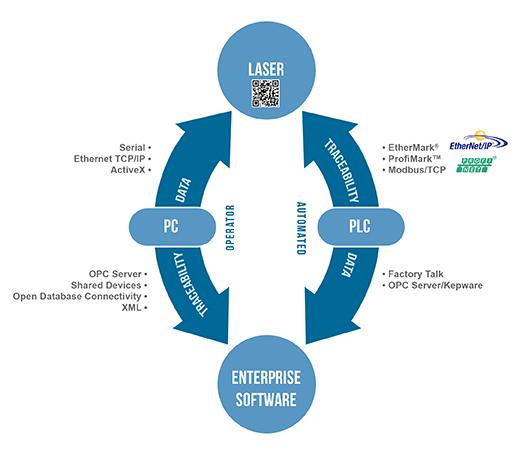In a world where globalization has become the norm, multinational companies rely on efficient logistics, transport, and shipping services to keep their operations running smoothly. From sourcing materials from different corners of the globe to delivering finished products to customers worldwide, the elaborate network of transportation and distribution plays a crucial role in the success of these corporations. Join us as we delve into the intricate world of multinational company logistics, exploring the challenges, strategies, and innovations that drive this essential aspect of international business.
Challenges of Managing Global Supply Chains
Managing global supply chains for multinational companies can be a complex and challenging task. One of the main challenges faced is the coordination of logistics, transport, and shipping across different countries and regions. This involves ensuring efficient movement of goods, managing multiple suppliers and vendors, and navigating through various customs regulations.
Another challenge is the risk of disruptions in the supply chain, such as natural disasters, political instability, or unexpected changes in regulations. These disruptions can impact the timely delivery of products, increase costs, and ultimately affect the company’s bottom line. To mitigate these risks, companies need to have contingency plans in place, establish strong relationships with suppliers, and constantly monitor and adapt to changes in the global market.

Implementing Traceability Solutions for Enhanced Visibility
Implementing traceability solutions is crucial for multinational companies operating in the logistics, transport, and shipping industries. By utilizing advanced tracking technologies and data management systems, companies can greatly enhance their visibility and efficiency throughout the supply chain.
With real-time monitoring and instantaneous data sharing, companies can better track their shipments, reduce the risk of loss or theft, and improve overall customer satisfaction. Additionally, implementing traceability solutions can help streamline operations, minimize errors, and optimize resource utilization, leading to cost savings and improved competitiveness in the global market.

Strategies for Optimizing Freight Transportation Costs
When it comes to optimizing freight transportation costs for a multinational company, there are several key strategies that can be implemented. One of the most effective ways to reduce costs is by consolidating shipments whenever possible. By combining multiple smaller shipments into one larger shipment, companies can take advantage of economies of scale and save on transportation expenses. Additionally, utilizing intermodal transportation can help streamline the shipping process and reduce overall costs. This method involves using multiple modes of transportation, such as trucks, trains, and ships, to get goods to their final destination.
Another important strategy for optimizing freight transportation costs is to negotiate favorable contracts with transportation providers. By working closely with carriers and logistics companies, companies can secure better rates and terms for shipping services. It’s also crucial to leverage technology and data analytics to optimize shipping routes, minimize empty miles, and improve overall efficiency. By continuously monitoring and analyzing transportation operations, companies can identify cost-saving opportunities and make informed decisions to drive down expenses.

Utilizing Technology to Improve Last Mile Delivery Operations
At our multinational company, we understand the importance of utilizing technology to streamline our last-mile delivery operations. By incorporating innovative solutions into our logistics, transport, and shipping processes, we are able to enhance efficiency, accuracy, and customer satisfaction.
One way we leverage technology is through the use of GPS tracking systems in our delivery vehicles. This allows us to monitor real-time locations, optimize routes, and provide customers with accurate delivery ETAs. Additionally, we use automated delivery notification systems to keep customers informed every step of the way. These tools not only improve our operational performance but also help us maintain a competitive edge in the ever-evolving logistics industry.
Wrapping Up
In conclusion, the logistics, transport, and shipping operations of multinational companies play a crucial role in ensuring the smooth flow of goods and services across borders. By effectively managing the transportation of products and materials, these companies are able to reach customers around the world and grow their business on a global scale. With the ever-evolving landscape of international trade and commerce, it is essential for multinational companies to stay ahead of the curve and continually optimize their logistics processes. By investing in efficient transportation solutions and strategic shipping partnerships, these companies can navigate the complexities of global supply chains with ease. Overall, the success of a multinational company hinges on its ability to deliver goods to the right place, at the right time, and in the most cost-effective manner possible.